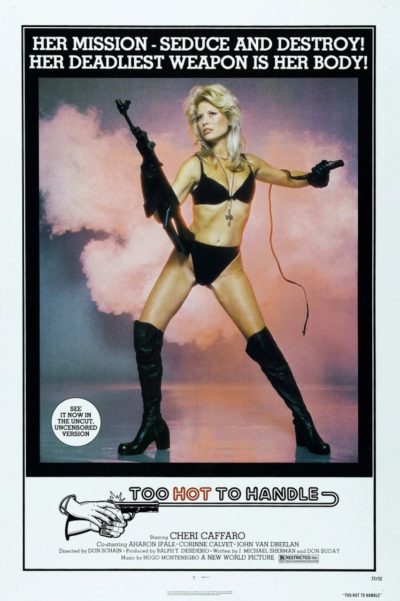Welcome to our 12th annual round-up of girls with guns calendars (though only the past nine still exist, the first three having been port of the GWG forum, which had be put down due to spam!). It’s always an indication that the year is coming to an end, and 2021 has been… interesting. Not necessarily in a good way, as I ended up spending my first night in hospital ever. Thanks, COVID-19! All better now though; let’s hope 2022 proves less of an issue there! And what better way to look forward to the new year, than with a calendar?
As ever, some depart and others arrive. Apparently lost from last year are Alpha Gun Angels, whose website is now down, and Facebook hasn’t been updated since March. But there are still quite a few for your browsing pleasure. Therefore, below, you’ll find prices (generally excluding shipping), sample images and links to purchase for all the calendars we could find. We’ll add more if we see them, feel free to email us if you know of any others.
TAC GIRLS
TacGirls.com – $18.95
“The Tactical Girls® 2022 Bikini Gun Calendar is our Best Girls and Guns Calendar yet, with 13 months of beautiful girls and exotic weaponry! Every 2022 Tactical Girls Calendar comes with a 12X24 mini Poster insert with the cover girl Diamond D – It slides out of the calendar, no tearing or staples to pull. The 2022 Tactical Girls Calendar brings you 13 months of gorgeous models with some of the world’s most exotic weaponry in realistic tactical settings. The 2022 Tactical Girls Calendar includes the Cadex CDX-50 Tremor Rifle, the Kel-Tec Sub CQB integrally suppressed carbine and the DSA SPR, the most accurate FAL ever made. These, along with a variety of AR-15 carbines, battle rifles, shotguns, pistols and sniper rifles make for a perfect Holiday gift for the Marine, Soldier, Sailor, Airman, Police Officer, Shooting Enthusiast, Hunter, Airsoft Player or History buff on your list. Fill that 2 foot square empty space on your Man Cave, garage, barracks or tent wall with 13 months of Girls and Guns.
10% of the print run of this calendar is donated to deployed soldiers and organizations that support them, notably AmericanSnipers.org.”

LIBERTY BELLES
LibertyBellesUSA.com – $14.95
“1778 is a rough year for the American rebellion and Washington’s men are freezing in their Valley Forge encampment. Never fear, the camp following Liberty Belles are here to warm them up. Get ready for another year as they pose for liberty and the right to bear arms, shoulders, and legs. Each month, the ladies portray important female figures (both famous and obscure) who nonetheless fought along side the men during the war that birthed our nation. The design for this 2022 calendar is inspired by Benjamin Franklin’s “Poor Richard’s Almanac.” It features a Lunar calendar, a measurement tool on the side, and a bit of important wisdom from our first president & founder, George Washington, and —of course as always— girls with firearms. This calendar also showcases the dates for some of the most infamous battles of the revolution. Only Federally observed holidays are included in this calendar. The calendar also includes a 12″ x 18″ centerfold pull out poster”

GUNS AND GIRLS
GunsAndGirlsCalendar.com – $19.95
The 2022 GUNS AND GIRLS wall calendar is packed with beautiful pin up models and many of today’s most popular weapons, everything from handguns to AR-15’s. This 16 month large format calendar is 17″x 28″ when hung up and a perfect gift for any Armed Service Member, Police Officer or Shooting Enthusiast. Also includes a bonus 12 month poster inside giving you two calendars in one package!

ZAHAL GIRLS
zahal.org – $???
The website doesn’t have the 2022 calendar for sale at this point, but according to a Facebook post on the Zahal page from August 30, it “is almost ready and it’s going to be hot.” So I’m still going to include it here for now! I’m sure the site will be updated as and when it’s available.

WEAPON OUTFITTERS
As last year, they are doubling their potential sales by offering two versions. The PG-13 version ($24,95) is “Featuring several returning favorites and a few fresh faces,”, while the NSFW version ($34.95), has some of the same models – presumably wearing less! – but also some other faces.

DILLON PRECISION
DillonPrecision.com – $14.99
The website says absolutely nothing about the product, except to inform you that “calendars are shipping now.” They seem to be operating on the basis that a picture is worth a thousand words. :) This picture, in particular.
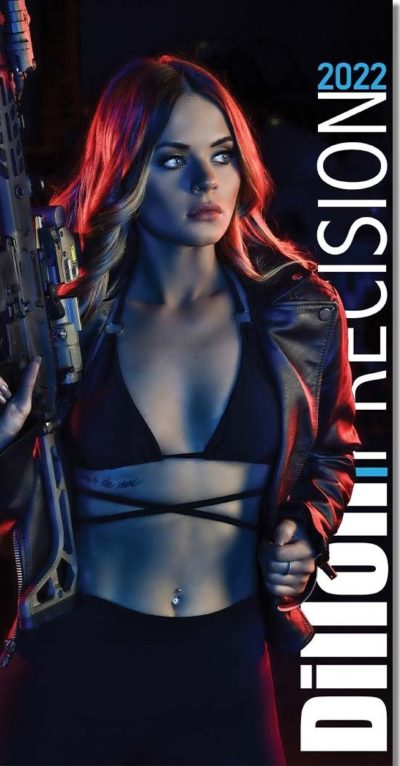
WILD DAKOTA GIRLS
wilddakotagirls.com – $14.95
Seem to be embracing their inner GWG a bit more than last year, going by the cover of this year’s edition! It’s still also for a good cause, with the profits going towards the fight against breast cancer. A worthwhile endeavour. Be a shame if anything were to happen to these puppies. :)

GIRLS AND GUNS
Available through Amazon, $11.99
“For Men, Boys, Booty, Butts, And Guns Lovers. Keep track of your schedule with this wonderful calendar. This calendar will help you stay organized while expressing your personal style.”

Women With Guns
Poster Foundry, $14.99
“Large 18 Month Calendar Monthly Full Color Thick Paper Pages Folded Ready To Hang Planner Agenda 18×12 inch.” I dunno, they maybe didn’t quite cram in enough search engine keywords to their description?

Girls vs. Guns
From Ebay, $23.85
“Feel more organized with just a glance at your wall. Covers 18 months from January 2022 to June 2023, giving you the full 12 months for 2022 plus 6 extra months of 2023 for convenient year-round planning, appointments, and scheduling. Printed on premium paper with vibrant inks for beautiful, rich colors. Easy to write on as a planner at your work desk, in a classroom or as a family organizer. 2022 calendars make great gifts for birthdays and holidays too.”

HENS AND GUNS
Email [email protected] to order, £13.00
Another charity effort, this one seems to have been around for a while – they talk on their Facebook page about this being their second year, but also mention a 2015 calendar. So I’m a bit confused. But as the only British GWG calendar I could find, they definitely deserve some love!






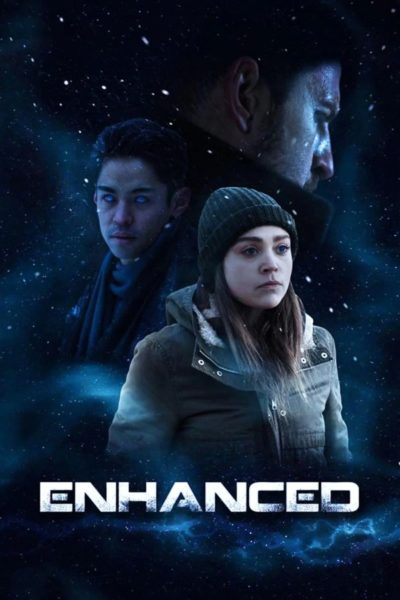
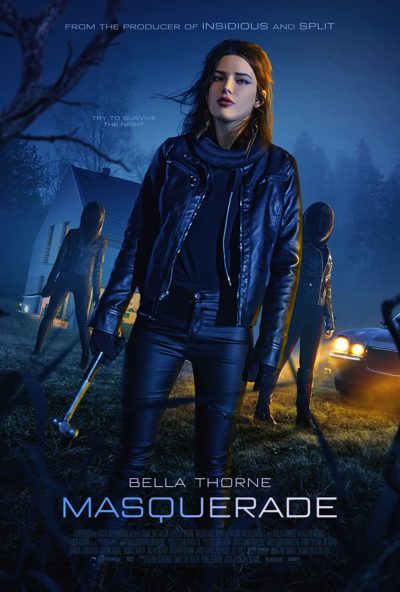 It’s never a
It’s never a 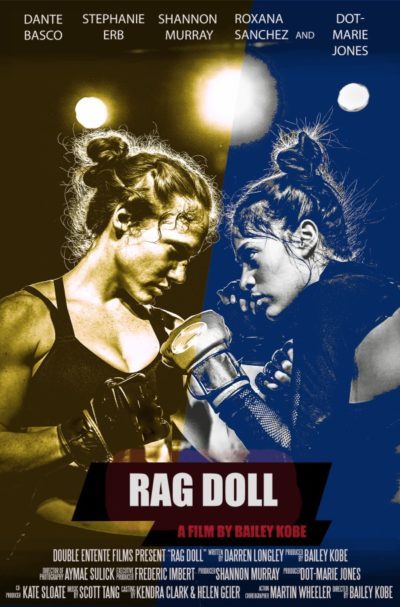
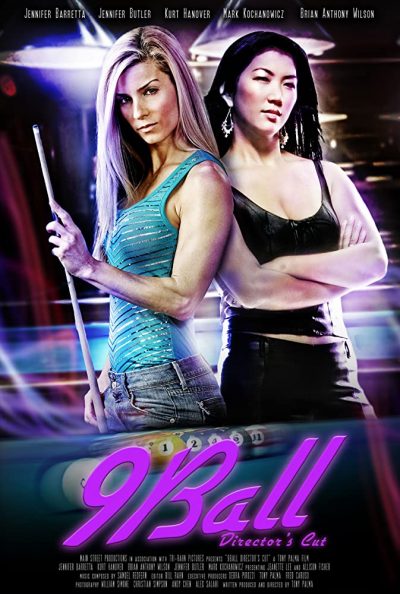 Oh, dear. There’s part of me which thinks this is what you get when you try and make actors out of pool players. For the star here, Barretta, is one of the top women cue artists in the world. She’s joined here by cameos from a couple of bigger pool stars i.e. people even I’ve heard of, in Jeanette ‘The Black Widow’ Lee and Allison Fisher, and you can’t really expect much out of any professional sportswomen, in terms of acting ability. However, she isn’t that bad, though this may just be relative to some of her fellow cast members. And, to be fair to the actors here, you could be an Oscar-winner, and still not be able to do anything with the wretched script, which is little more than a parade of cliches, when not being a shameless advert for the American Poolplayers Association and its leagues.
Oh, dear. There’s part of me which thinks this is what you get when you try and make actors out of pool players. For the star here, Barretta, is one of the top women cue artists in the world. She’s joined here by cameos from a couple of bigger pool stars i.e. people even I’ve heard of, in Jeanette ‘The Black Widow’ Lee and Allison Fisher, and you can’t really expect much out of any professional sportswomen, in terms of acting ability. However, she isn’t that bad, though this may just be relative to some of her fellow cast members. And, to be fair to the actors here, you could be an Oscar-winner, and still not be able to do anything with the wretched script, which is little more than a parade of cliches, when not being a shameless advert for the American Poolplayers Association and its leagues.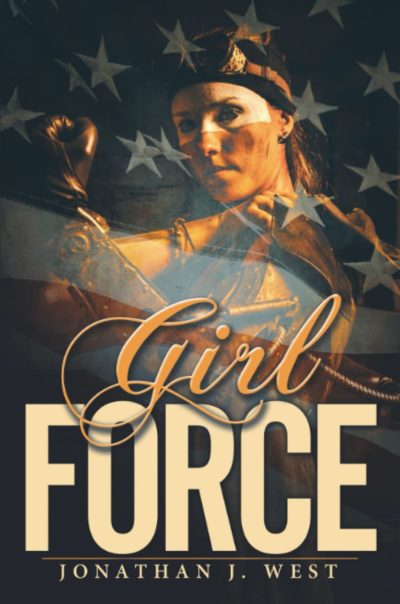 And, yet… Not only did I finish this, I genuinely enjoyed the whole, lunatic experience. I don’t know if the editing got slightly better as the book went on. Maybe I just became used to the style, which flies defiantly in the face of, not just all literary convention, but the basic rules of English. Bizarrely, by the end, I found myself almost appreciative of the stream of consciousness, neo-Joycean approach. It’s better demonstrated by example, than description, so here’s a sample paragraph – neither particularly good nor bad by the book’s standards:
And, yet… Not only did I finish this, I genuinely enjoyed the whole, lunatic experience. I don’t know if the editing got slightly better as the book went on. Maybe I just became used to the style, which flies defiantly in the face of, not just all literary convention, but the basic rules of English. Bizarrely, by the end, I found myself almost appreciative of the stream of consciousness, neo-Joycean approach. It’s better demonstrated by example, than description, so here’s a sample paragraph – neither particularly good nor bad by the book’s standards: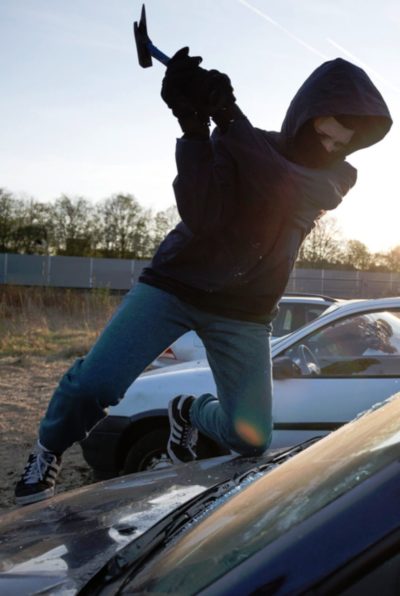
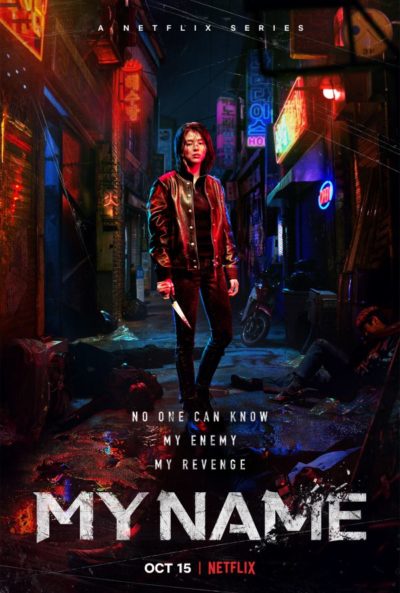
 What is it with Koreans and revenge? From
What is it with Koreans and revenge? From 